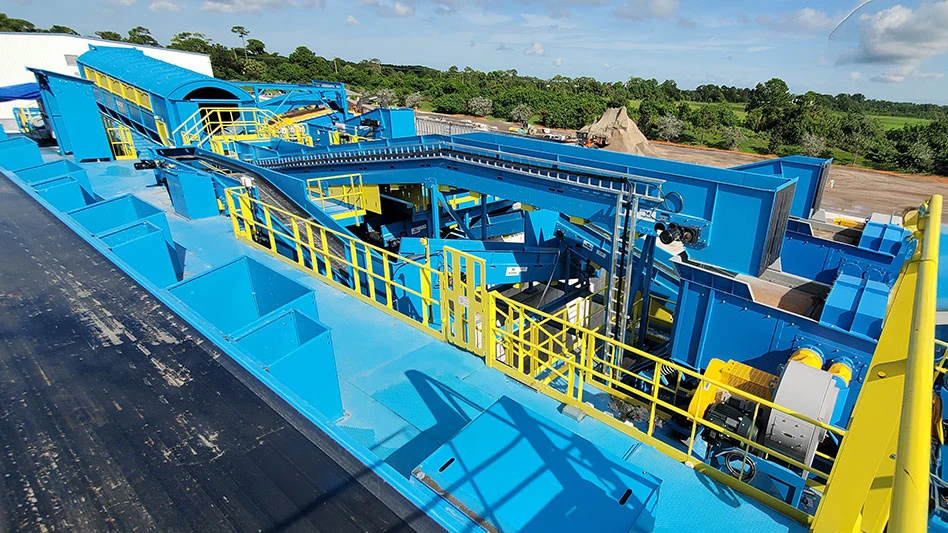Recyclers of industrial scrap across all materials segments contend with vigorous competition to get hold of high-quality scrap streams.
In a panel discussion at Recycling Today’s Plastics Recycling Conference entitled “The Search for Manufacturing Scrap,” three plastics recyclers commented on the competitive nature of the current market and the shifting landscape of plastic scrap generation.
Among the constant problems for industrial plastics recyclers: “We can’t request that our customers create more off-spec parts,” quipped moderator Robert Render of Maine Plastics Inc., Zion, Ill. “We have to continue to seek new sources every day.”
Panelist Ron Sherga of Sherresults LLC,
Panelist Phil Corvo of First State Plastics Inc.,
The quality of the scrap supply is also changing, panelists agreed. “There is a reduction of cleaner, purer forms of scrap,” noted Sherga. “But there is more commingled packaging or parts. People aren’t landfilling it.”
Render remarked that while his company used to handle about 60 percent single-resin, single-color regrind scrap, that percentage is now down to about 30 percent. Many such generating customers are now putting regrind and closed loop systems in their plants.
The panelists noted several industry segments—such as toys, lawn and garden implements and hardware—that have largely moved offshore. Corvo singled out Newell Rubbermaid as a manufacturer that quickly moved much of its consumer products business offshore.
On the positive side of the ledger, Render was able to list several growth segments, including custom molders, health care and medical products makers, “green” products makers, electronics recycling facilities and packaging scrap at any and all industrial and commercial facilities.
Sherga says recyclers should be aware of new manufacturing sites in rural counties, which often use tax incentives and grant money to lure start-up companies, as well as considering working with maquiladoras—manufacturing plants in northern
Render also urged recyclers to re-visit companies that may not have been prospects a decade or so ago. “Some material that wasn’t considered recyclable a few years ago might be today,” he noted. “Processing technology has allowed us to process material that wasn’t recyclable before.”
Finally, both Sherga and Corvo said a pro-recycling culture is another good reason to re-visit companies that may not have had an interest several years ago. Corvo noted that one Japanese automaker is striving for a zero waste mentality, and Sherga said that while a few years ago recycling was considered a fringe activity for companies, “now you’re judged poorly if you don’t.”
Recycling Today’s Plastics Recycling Conference was held in coordination with the Paper Recycling Conference and Electronics Recycling Conference at the Peabody Orlando in
Latest from Recycling Today
- Greenwave raises revenue but loses money in Q2 2025
- Recycled steel prices hold steady
- EY says India’s need for scrap imports will continue
- Coming full circle
- Amcor, DCM introduce fertilizer packaging with 35 percent recycled content
- Comstock Metals gets closer to commissioning commercial-scale solar panel recycling facility
- Washington selects Circular Action Alliance as PRO
- Smurfit Westrock expands in Latin America





